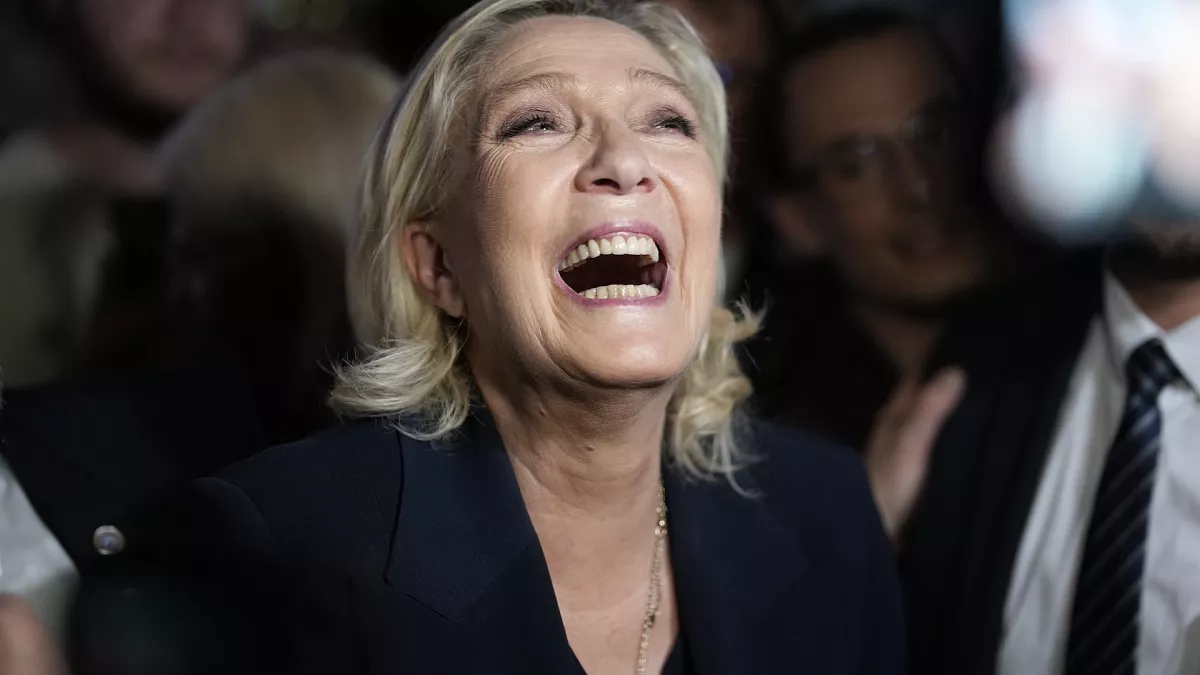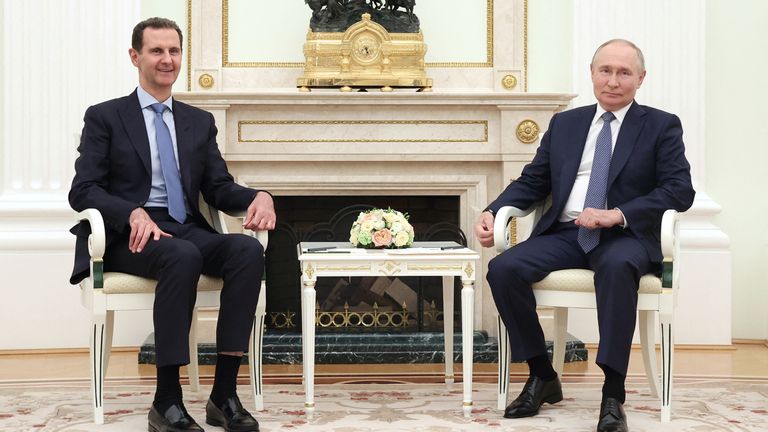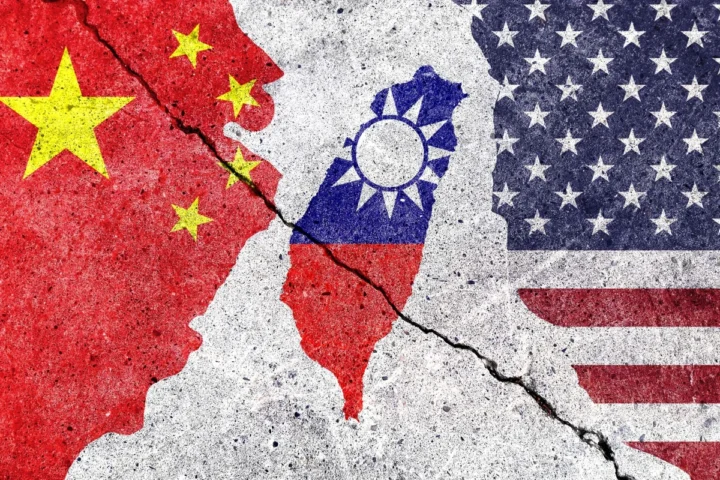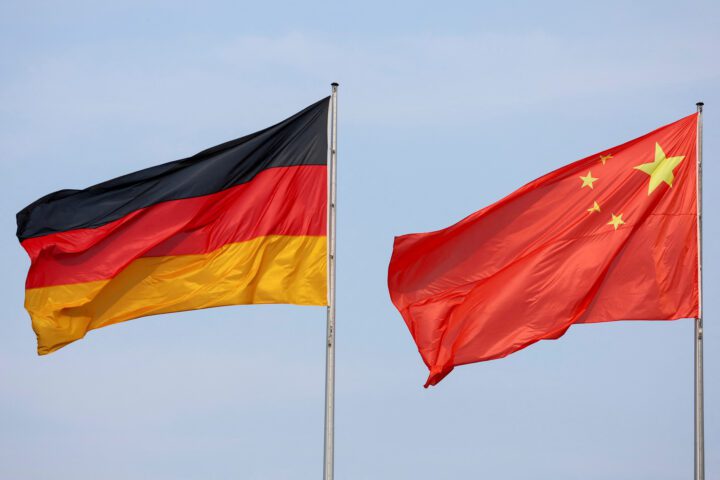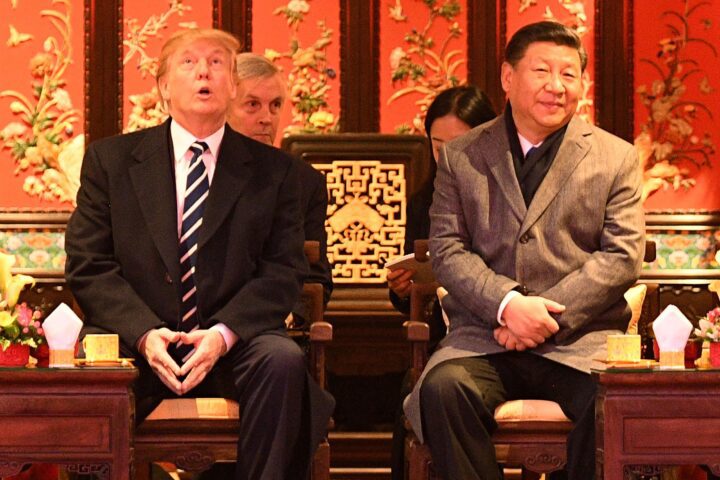In an unprecedented political twist, far-right leader Marine Le Pen joined forces with a coalition of left-wing parties to topple the French government. This unexpected alliance has thrown the country into a lengthy period of turbulence, unsettling investors and raising questions about the future economic trajectory of France.
Political Shakeup and Market Reactions
The recent political shakeup in France has sent ripples through the global economy. The French stock market, represented by the CAC 40 index, fell by 3.7% within a week of the government’s collapse, indicating an immediate negative reaction from investors. The euro also saw a dip against the dollar, a further sign of the economic uncertainty caused by the political upheaval.
Ratings agency Standard & Poor’s downgraded France’s credit rating from AA to AA-, citing concerns over political stability and the potential impact on public finances. This downgrade could increase borrowing costs for the French government, adding pressure to an already tense economic situation.
The Fallout for French Businesses
French businesses are bracing for the fallout from this political upheaval. Companies such as Renault, L’Oréal, and Air France-KLM have expressed concerns about potential policy changes that could impact their operations. According to a recent survey by the French Chamber of Commerce, 67% of French businesses believe that the political instability will negatively affect their operations in the coming year.
The Impact on the European Union
France is not only the second-largest economy in the Eurozone but also a founding member of the European Union (EU). This political crisis could have significant implications for the EU. The prospect of Le Pen, a known Eurosceptic, gaining power has raised concerns about France’s commitment to EU integration and stability.
Economist Dr. Isabelle Méjean of the CREST Institute warns that “a potential ‘Frexit’ could destabilize the Eurozone and lead to a domino effect of economic uncertainty and political instability in other member states.”
Looking Ahead: The Economic Forecast
Economic forecasting in the wake of such a political upset is challenging. The French economy had been on a steady recovery path from the Covid-19 pandemic, with GDP growth at 1.7% in 2021 and unemployment falling to 7.4%. However, this political crisis raises questions about the sustainability of this recovery.
Conclusion
The fallout from the French government’s collapse is still unfolding. The political turbulence has sent shockwaves through the global economy and raised significant concerns about the future of French and European economic stability. Investors, businesses, and policymakers worldwide will be closely watching how this political drama unfolds and its long-term economic impacts.
